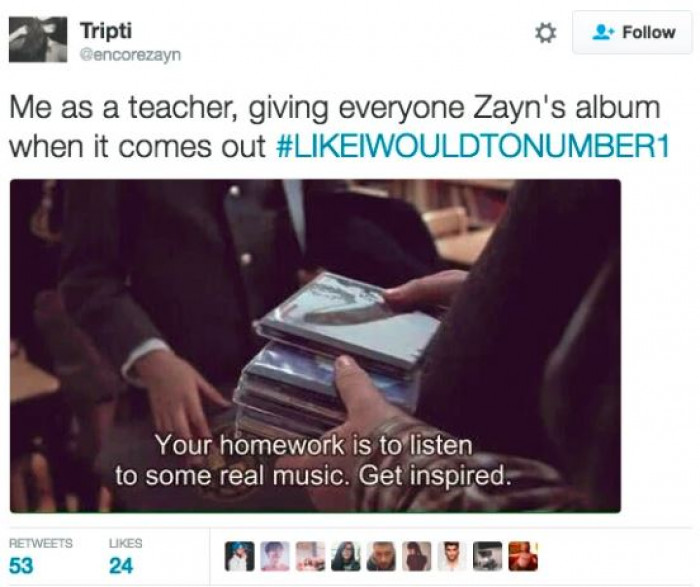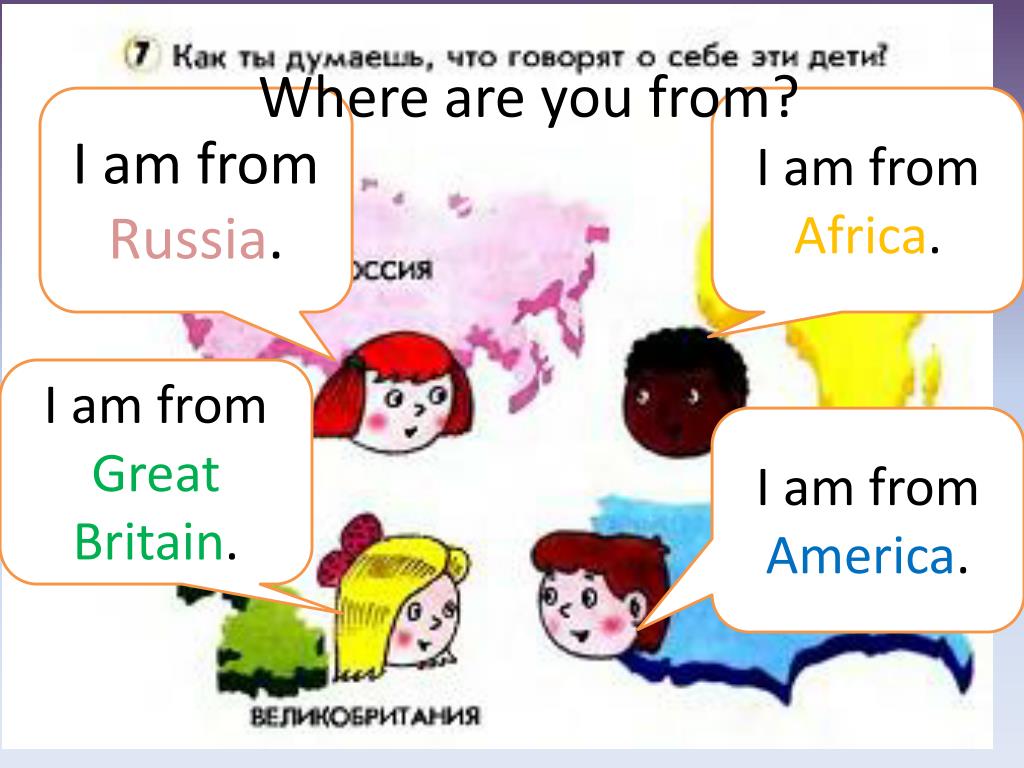Listen to some music
How Listening to Certain Songs Can Impact Our Brain and Affect Our Mood
Categories: Life, Mind
Like (0)
You’re driving down the road, listening to the radio and a song comes on that flips your happy switch. Immediately you’re in a better mood and ready to take on whatever the day throws at you. The magic of music strikes once more — but how can something so intangible have such a positive effect on us?
When it comes to the human brain, the answer is never a simple one. There’s more than one thing happening to the human brain when we listen to music.
We get dealt a healthy dose of dopamine.
Research has found that when a subject listens to music that gives them the chills, it triggers a release of dopamine to the brain. And if you don’t know, dopamine is a kind of naturally occurring happy chemical we receive as part of a reward system.
Now here’s the really interesting part: Dopamine is not only released during peak musical moments but also when we anticipate those moments. It’s like our brain is rewarding us for knowing a really great chorus is just about to hit!
Neurology and nostalgia work hand in hand.
Hearing a song from our adolescence brings back a flood of feelings and memories. By why do those songs have such a strong hold on our emotional core? Our brains develop rapidly between ages 12 and 22 (there’s a reason they call it our “formative” years), so when we make a connection to a song during that time, it’s a strong neurological connection. The massive rush of hormones associated with our pubescent years tells our brains that everything is super important, and that includes whatever music we’re listening to at the time. That’s why when we hear a true throwback to our high school days, it’s a powerful thing.
Positive thinking (and listening) really does work.

The impact of positive thinking has been a subject of focus for psychologists and self-help gurus for ages now, but what about positive listening? Is there such a thing as intentionally listening to positive-sounding music to boost your mood? We already know music that gives us the chills helps to release dopamine, but a separate study found that people who intentionally listened to upbeat music improved their moods and happiness in just two weeks. When a separate group was instructed to listen to different music that wasn’t deemed positive sounding, they didn’t experience the same mood-boosting effect. So the next time you’re blue, maybe put on a song that will make you smile.
You have even more advantages if you play music.
In honor of international guitar month, let’s also take a minute to look at the benefits of playing music too.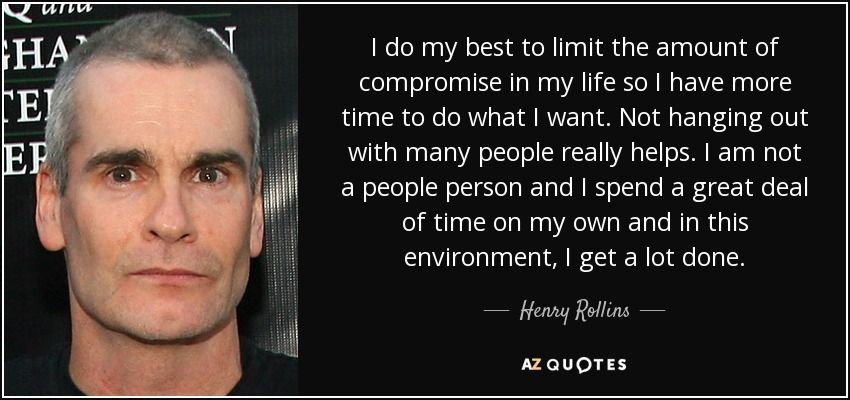 Aside from all the wonderful creativity and freedom creating music can bring us, it also improves our memories. We’ve seen evidence that musicians can learn and remember more content than non-musicians — and they also have an upper hand when learning new languages. That kind of makes sense when you think of music as a sort of universal language, right?
Aside from all the wonderful creativity and freedom creating music can bring us, it also improves our memories. We’ve seen evidence that musicians can learn and remember more content than non-musicians — and they also have an upper hand when learning new languages. That kind of makes sense when you think of music as a sort of universal language, right?
So the next time you’re listening to music, maybe you’ll think about how it’s actively affecting your mood or maybe you won’t. That’s sort of the beauty of it — music’s just naturally ingrained in our lives and it seems to bring us joy when we need it the most. Perhaps the healthiest thing we can do is simply enjoy it and bask in a downright catchy chorus.
Do you have any favorite tunes that get you going? Let us know in the comments!
Share your story with us.
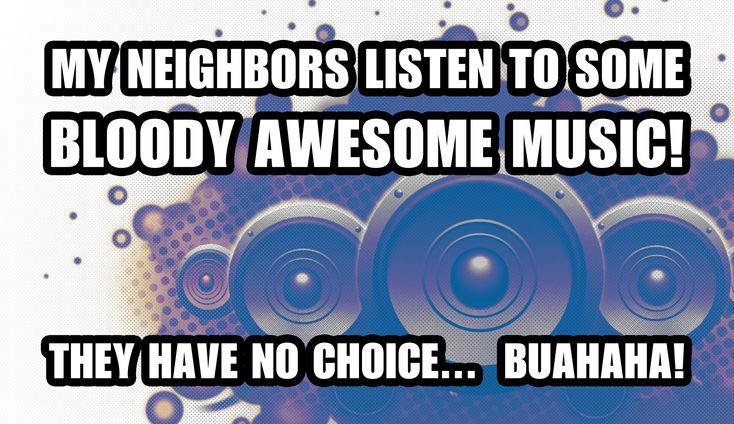
Happy, sad, excited, scared, hopeful. We see these emotions every day in our hospitals. If you've had a memorable or moving moment with SCL Health, we'd love to hear from you!
First and Last Name
First and Last Name must have at least 0 and no more than 256 characters.The value of the First and Last Name field is not valid.
*
Enter a valid e-mail address. Please ensure that there are no additional spaces after your e-mail address.
*
Story
Story must have at least 1 and no more than 512 characters.The value of the Story field is not valid.
*
A musicologist explains the science behind your taste in music
One Small Thing
Nolan Gasser, musician and musicologist, knows why you can't quit 80s music.
By Vivian Manning-Schaffel
When I was a kid, there didn’t seem to be a rhyme and reason to what music I loved — my tastes spanned from art rock, to show tunes, to hard rock, pop and funk classics and disco deep-dives. As I learned to play music and my music geekery bled into other genres and subgenres, I began to wonder why some songs resonated with me more than others. Did certain key signatures or chord progressions across genres draw me in? Did I have a greater affinity to songs written in certain time signatures? Was it the subject matter or lyrical content? Or some wizardry involving all of the above?
Luckily, musician and musicologist Nolan Gasser wrote “Why You Like It: The Science and Culture of Musical Taste” to answer these kinds of burning questions. A professional pianist since the age of 11, Gasser’s very first gig was playing cover songs at his local mall food court on weekends. “I had people asking me to play a rather eclectic repertoire — everything from Scott Joplin, Mozart, and ‘Stairway to Heaven’ every single day,” says Gasser. “It really got me thinking (maybe not in a conscious way at that point) about how varied people’s tastes are, and how people of the same age group could gravitate to different styles of music.”
A professional pianist since the age of 11, Gasser’s very first gig was playing cover songs at his local mall food court on weekends. “I had people asking me to play a rather eclectic repertoire — everything from Scott Joplin, Mozart, and ‘Stairway to Heaven’ every single day,” says Gasser. “It really got me thinking (maybe not in a conscious way at that point) about how varied people’s tastes are, and how people of the same age group could gravitate to different styles of music.”
Your music library, explained
As composers tend to do, Gasser would dissect various songs to better understand what might appeal to an audience. After earning his Ph.D., Gasser connected with Tim Westergren, one of the three founders of Pandora (the music app) and became head of music operation and architect of The Music Genome Project. “We came up with ‘Music Genome Project’ as a play on The Human Genome Project but I took that metaphor very seriously, aiming to break down the musical universe into different species by examining the factors that are somewhat active or potentially active in every single song,” explains Gasser. “What are the hundreds of factors of rhythm and harmony, melody and form, rhythm and sound, and lyrics and production? How can we objectively break those down? What is the shape or contour of the melody? What are the kinds of chord progressions used?”
“What are the hundreds of factors of rhythm and harmony, melody and form, rhythm and sound, and lyrics and production? How can we objectively break those down? What is the shape or contour of the melody? What are the kinds of chord progressions used?”
As a result of this arduous analysis, Gasser says every song in Pandora has been analyzed by a human being sitting in front of a computer screen, categorizing all of their music into “genes.” Utilizing that imprint, they are able to forge connections between songs by the same artist and also by different artists, and, in turn, connect you with new music based on your previous choices.
In his book, Gasser also acknowledges the tremendous role sociology plays in our musical tastes. “I actually use the term ‘intraculture’ to describe cultures that take place within a culture,” he explains, likening them to subgenres of music. “A lot of it has to do with where you grew up and what kind of musical influences are in the air, but we participate in so many subcultures of affinity, just based on what we like. Intracultures provide us with access to music just because you’re a part of a group, and that group means something to you.”
Intracultures provide us with access to music just because you’re a part of a group, and that group means something to you.”
Music becomes that stake in the ground — ‘this is who I am'.
Nolan Gasser
Another interesting thing about our musical tastes is how early those seeds are planted. “Every baby comes equipped to speak any language, or make any sound for the hundreds of languages that are out there. Through the first year, especially, it gets more limited. The synapses generated in the brain forge certain sounds and exclude others. There’s something similar that takes place with music. It’s known as ‘inculturation.’ In the first six months or so, babies can actually follow the syntax of any musical style — complex rhythms from Turkey or major scales from Europe. If you play something for a baby a few times and make a slight shift, the baby turns its head at that shift. It recognizes the deviation. The power that we have as infants to process and understand music is extraordinary. ”
”
Gasser says, as we grow, our musical tastes really help us to forge our individual identities — especially distinct from our parents. “Music becomes that stake in the ground — ‘this is who I am,’” says Gasser. “But at the same time, the music people listened to at an early age becomes their native home comfort music. When they grow up, that music will be part of who they are, tied in with memories and growing up. All of these powers are why music is so important to us.”
The way we experience music is always evolving
Noting the difference between how I discovered music as a teen (albums, in my room, reading liner notes) and how I discover music now (Shazam, listening to anything á la carte, on demand, via any device I own), I asked Gasser if young people still took the time to really get into bands, or artists, or if technology had affected that aspect of musical discovery. “Technology always has an influence on how we listen to music and how we interact to music,” he says. “The whole notion that people would have to buy an album made musicians think about their music from a theatrical standpoint, creating an hour-long musical experience as opposed to a song-by-song experience. When my kids discover an artist they like, and an album has a couple of songs they love, they still do explore the whole album. You just don't need to save up all your allowance to buy one album. You can listen to everything.”
“The whole notion that people would have to buy an album made musicians think about their music from a theatrical standpoint, creating an hour-long musical experience as opposed to a song-by-song experience. When my kids discover an artist they like, and an album has a couple of songs they love, they still do explore the whole album. You just don't need to save up all your allowance to buy one album. You can listen to everything.”
No matter how old we are, Gasser says it’s “on us” to continue to discover new music. “We all come hardwired to be very sophisticated in our musical understanding,” he explains. “Ultimately, there’s no reason why someone who doesn’t play an instrument or compose music can’t be as eclectic and sophisticated and devout in their music listening as someone who is a professional musician. So much of it is confidence and taking barriers down that say, ‘I’m not a musician so I couldn’t possibly like jazz because I don’t get it.’ That’s nonsense. We all have the ability, if we keep our minds open, to explore any music.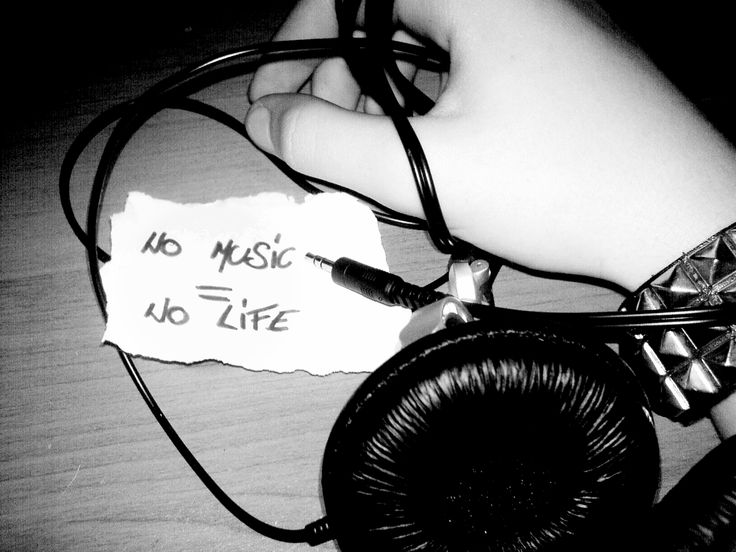 ”
”
He recalls attending a recent wedding and realizing every 20-something was mouthing every lyric to every song the DJ was playing, yet he found himself unfamiliar. “Every generation has its masterpieces and its schlock,” he says. “I have no doubt this generation will produce music that are their sentimental jewels when they're collecting social security checks.”
MORE IN THE 'YOUR BRAIN ON' SERIES
- How to improve your memory, according to neuroscience
- What happens to your brain when you go on a diet
- This is your brain on prayer and meditation
- How to train your brain to be more optimistic
Want more tips like these? NBC News BETTER is obsessed with finding easier, healthier and smarter ways to live. Sign up for our newsletter and follow us on Facebook, Twitter and Instagram.
How to listen to music offline - Spotify
Listen to music and podcasts without an internet connection.
- Premium users can download albums, playlists and podcasts.

- Users of the free version of Spotify can only download podcasts.
- You can store up to 10,000 tracks on each of five different devices.
- To avoid losing the ability to listen to downloaded content, connect to the Internet at least once every 30 days. This allows us to account for track plays to support artists.
How to download content
If the content is not downloading
- Make sure your device is connected to the Internet.
- The device has sufficient storage space.
Hint. We recommend that you have at least 1 GB of free space. - Make sure you don't exceed the limit of offline devices (download is available for five of them).
- Disable all apps to clear cache and save battery.
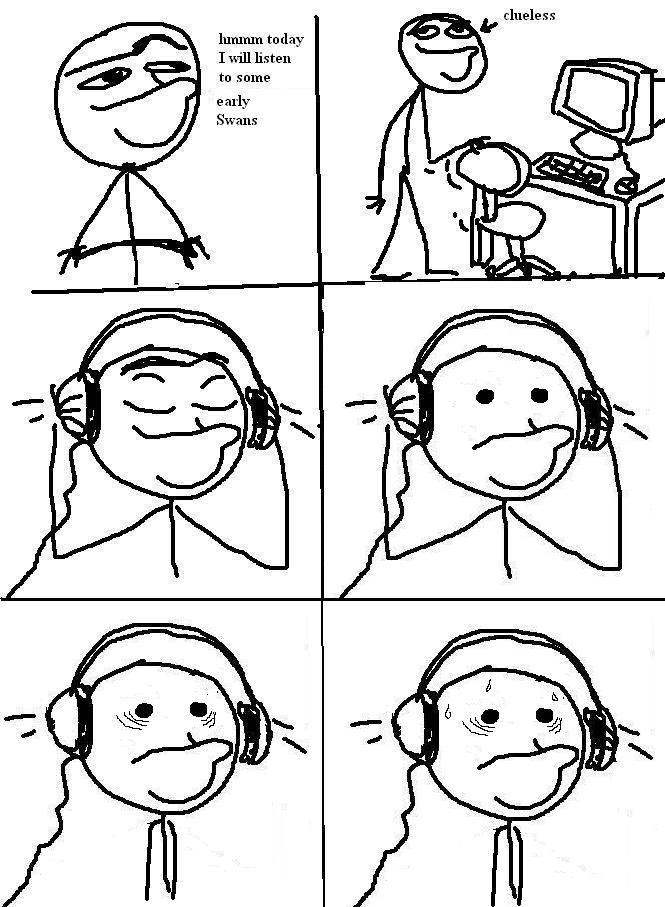
- Restart the application.
- Reinstall the application.
After reinstallation, all downloaded content will have to be saved again.
How to enable offline mode
Downloaded files will play even if the Internet connection is lost. If you only want to listen to downloaded content, enable offline mode.
Can't download a track, playlist or podcast?
Downloaded content can be deleted in the following cases:
- You have not connected to the Internet for 30 days.
- You have reinstalled the application.
- You have downloaded content on more than five devices.
This deletes the downloaded content from the device that you have not used for the longest time.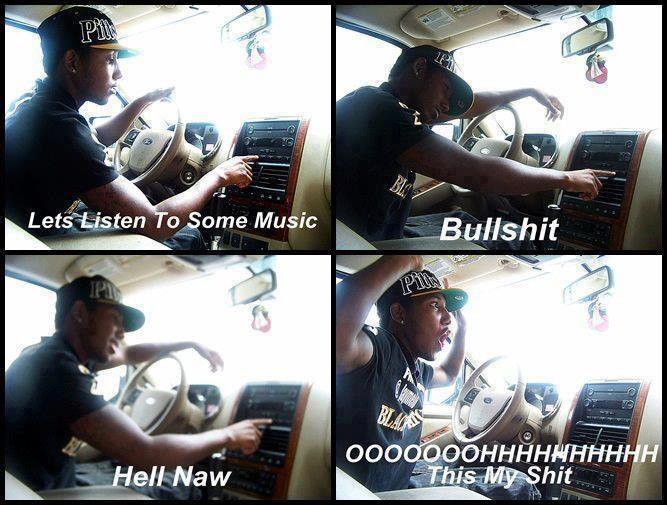
- You have an older version of the Spotify app installed;
- Your SD card is not working properly.
Delete downloaded content
Delete all downloaded files:
- Touch the settings icon .
- Select Storage .
- Select Delete all downloaded content .
Deleting files manually
- Open section My Library .
- Click Downloaded (mobile only).
- Open the album or playlist you want to delete.
- Press the green arrow button.
- Click Delete (mobile only).
Was this information helpful?
Listen to music together in FaceTime on iPhone or iPad
With SharePlay, each participant in a FaceTime call can listen to music and control playback together with other users.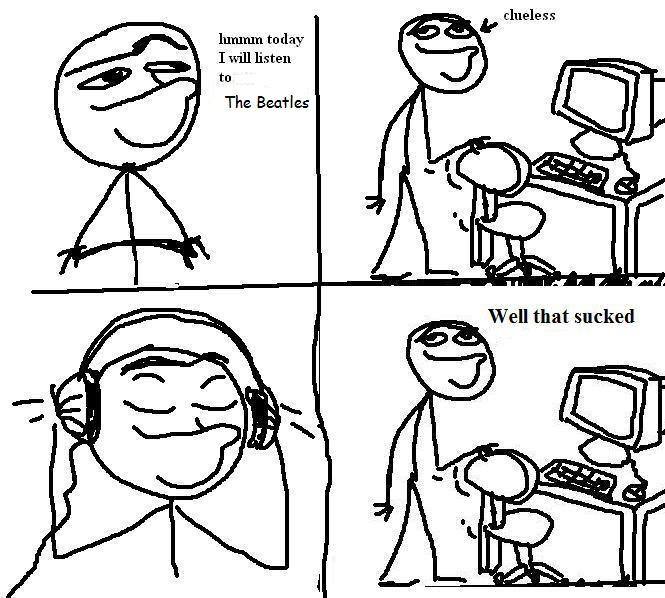
Here is a list of what each participant will need
Starting a SharePlay music session in a FaceTime 9 call0015
- Start a FaceTime call.
- Swipe up from the bottom in a FaceTime call.
- Open a music streaming application that supports SharePlay.
- Start playing a song or album. When prompted, select SharePlay.
- To return to a FaceTime call, click the image on the tile.
Playback controls are available to all participants, so everyone can play, pause, and fast-forward or rewind music.
Starting a SharePlay music session in a music application
You can also start a SharePlay music session from supported music applications.
- Open the music application.
- Find the song, album or playlist you want to share. Press the Menu button or the Share button.
- Click the SharePlay button, then enter the contacts of the people you want to call.
- Press FaceTime to start a FaceTime video call.
 Or, click the Audio button to start a FaceTime audio call.
Or, click the Audio button to start a FaceTime audio call. - Start music playback.
Joining a SharePlay music session during a FaceTime call
- In a FaceTime call, click Open next to Connect to SharePlay.
- When the music streaming app opens, click Connect to SharePlay.
- To return to a FaceTime call, click the image on the tile.
Shutting down SharePlay
- At the top of a FaceTime call, click the SharePlay button.
- Click End SharePlay.
- Click "Finish for everyone" or "End for me only".
Find out which apps support SharePlay
- In a FaceTime call, click the Share button.
- In the Apps for SharePlay section, scroll through the list of installed apps that support content sharing, and then tap an app to open it. Or click the "More" button to view supported apps in the App Store.
If you need help with third-party music streaming apps
Using SharePlay with Apple Music
FaceTime and some FaceTime features may not be available in all countries or regions.



